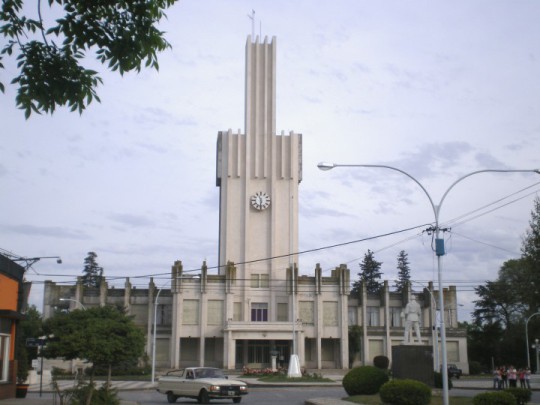We begin a new series of monthly interviews for the Asymptote Book Club with a conversation between Asymptote Assistant Editor Lizzie Buehler and Chris Andrews, translator of César Aira’s The Lime Tree. For more about this sparkling novel, check out Emma Holland’s December review.
Josh Honn, reviewing an earlier Aira novel, suggested that Aira moves forward in straight lines only in “an attempt to make the line come back upon itself.” In the interview that follows, Chris Andrews discusses Aira’s “sinuous” writing technique, The Lime Tree’s links with Proust, and the way the novel depicts everyday racism in Perón-era Argentina.
Lizzie Buehler (LB): Tell us a little bit about how you came to translate The Lime Tree. How did the novel’s intensely self-reflective nature affect your process of translation?
Chris Andrews (CA): I read The Lime Tree (or The Linden Tree as it will be in the US edition) when it first came out in Spanish in 2003, and it has been one of my favourite Aira books since then. So I was very pleased to get the chance to translate it.


